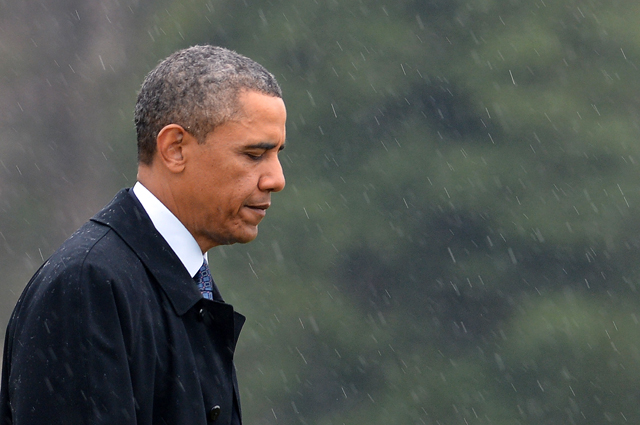 President Obama gave his second in series of summer speeches on the economy today. Like his first speech last week, he recycled several old policies that he’s trotted out before. The only new policy of note was another attempt at a so-called “grand bargain.”
President Obama gave his second in series of summer speeches on the economy today. Like his first speech last week, he recycled several old policies that he’s trotted out before. The only new policy of note was another attempt at a so-called “grand bargain.”
The President’s latest iteration of a bargain centers on reforming the corporate tax code. So far, so good. His willingness to fix the corporate tax system is good and welcome news. TheU.S. has the highest corporate tax rate in the developed world, and we are one of only a few countries that tax their businesses on the income they earn in other countries. Our uncompetitive system is destroying jobs and lowering wages for American workers. It is long overdue for reform.
The central purpose of tax reform is to invigorate economic growth. It does that by broadening the tax base (closing “loopholes”) and subsequently lowering tax rates to increase incentives for economic growth. Reform should lower rates enough so it is revenue neutral, meaning it does not raise tax revenue. If corporate tax reform followed this formula, the economy would get a tremendous boost.
It is on the revenue neutrality requirement that President Obama’s bargain falls apart. Rather than use all the revenue that would come from closing loopholes to lower rates, he’d use some of that resulting revenue to increase spending. As a result, his plan would actually be yet another tax hike first; tax reform would come second. And the tax hike would blunt the positive growth effect that tax reform would create.



No comments:
Post a Comment